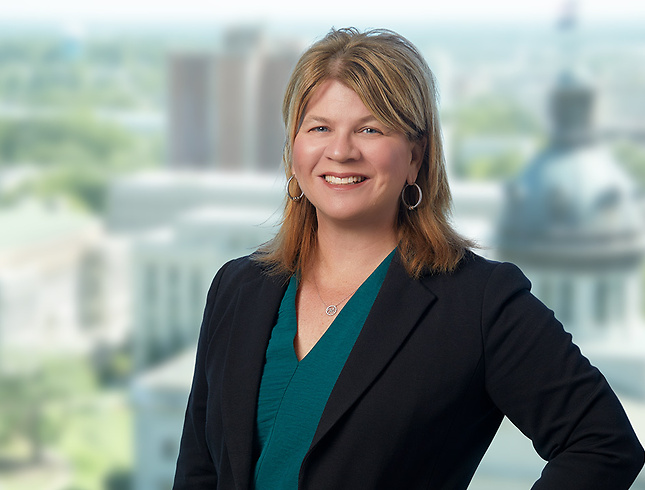After months of anticipation, it appears the first major H-1B program-related change will be the recession of employment authorization for certain H-4 spouses. The change should have the largest effect on Chinese and Indian nationals who comprise the highest percentage of current H-4 work authorized beneficiaries.
Spouses and children of H-1B visa holders receive H-4 status so they can remain in the United States with their H-1B beneficiary relative. Historically, individuals in H-4 status were not granted work authorization. In 2015, the Obama Administration implemented a new rule that allows certain H-4 spouses to receive an Employment Authorization Document ("EAD"). In order to qualify for an EAD, the H-4 individual's H-1B spouse must be the beneficiary of an approved Employment Based Immigrant (green card) Petition or have been granted a special H-1B extension beyond the normal six (6) year maximum due to green card backlogs. Chinese and Indian nationals have historically experienced the longest delay (more than ten years in some cases) for green cards because of the high number of applications and the 7% cap. To date, the H-4 spouse EAD rule has provided more than 100,000 people with work authorization.
In December 2017, the Department of Homeland Security ("DHS") announced plans to end H-4 spouse work authorization. The announcement came after President Trump issued the Buy American, Hire American Executive Order in April that sought to protect American workers. While the end date of the EAD special rule is unclear, it would likely take effect in early 2018. Whether individuals that already have valid H-4 EADs will be able to continue working is also unclear, although the Trump Administration previously announced EADs issued pursuant to the Deferred Action for Childhood Arrivals program ("DACA") would continue to be valid until expiration when plans to end DACA were announced in 2017.
There is some good H-1B news for Chinese and Indian nationals, however. Various sources had indicated DHS might also be preparing to change rules that allow unlimited extensions of H-1B status beyond the six (6) year maximum for H-1B workers who had reached certain milestones in the green card process. Chinese and Indian nationals have utilized such extensions in the past while waiting for green card backlogs to clear. However, DHS has since indicated they are not currently considering changes to the H-1B extension rules.
- Partner
Melissa Azallion Kenny is the Chair of the firm’s Immigration practice group. She has more than 20 years of experience advising clients on business immigration and labor and employment law issues. Ms. Kenny represents clients in ...
- Partner
Jon Eggert has experience assisting and advising clients on business immigration and labor and employment issues in a wide range of industries, including higher education, healthcare, hospitality, and manufacturing.
His ...


